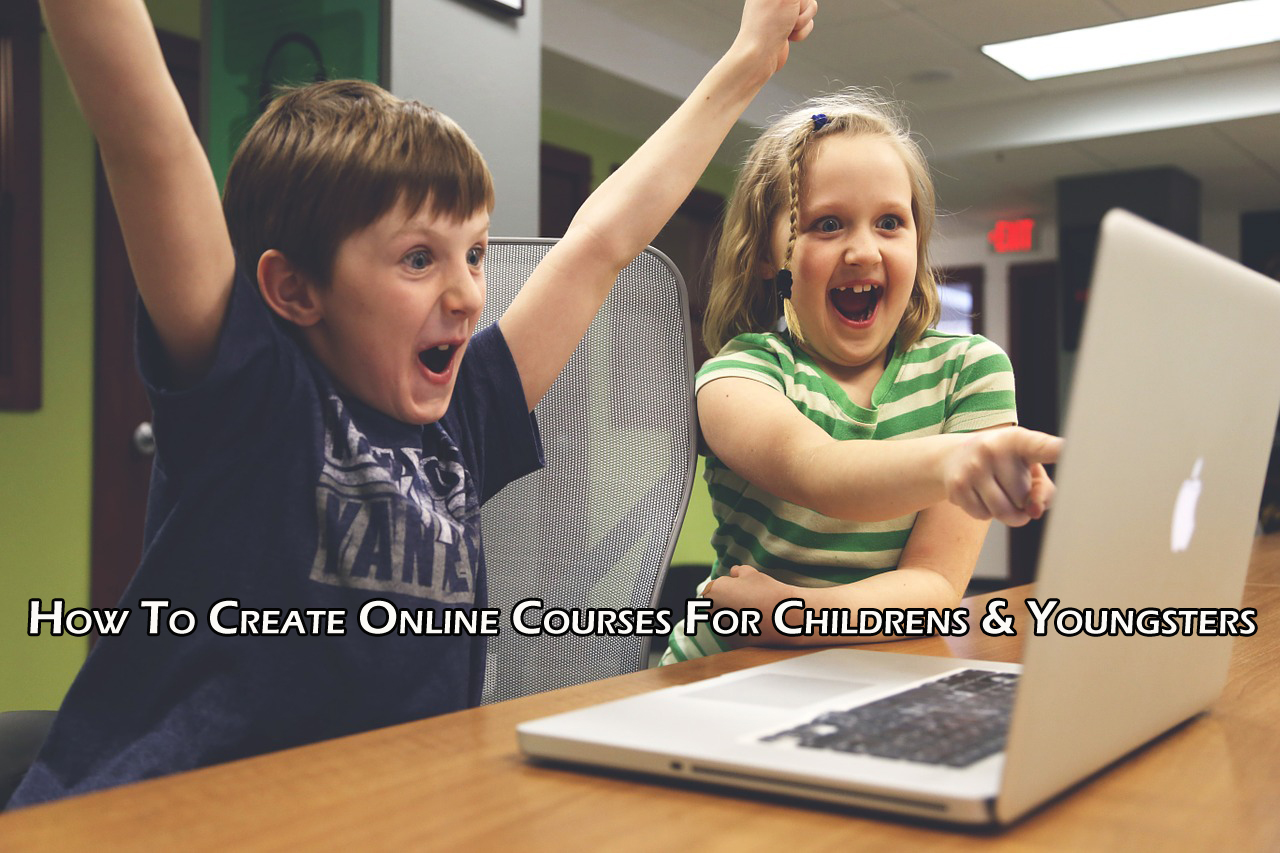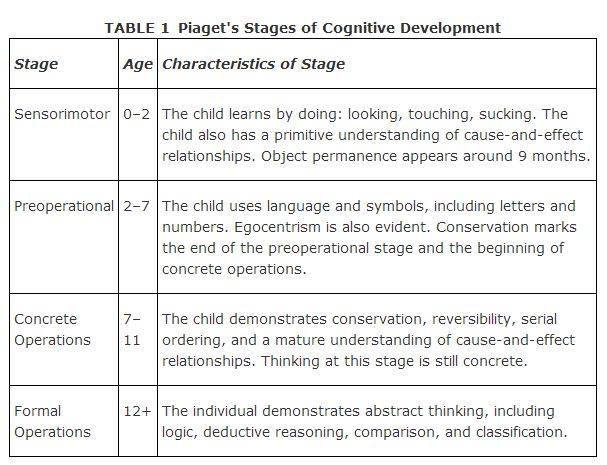How To Create Online Courses For Children’s & Youngsters

Children gain uniquely in contrast to adults. Here’s the manner by which to design an online course that plays to their qualities
The most essential statistic choice any online educator needs to make has to do with age. It is safe to say that you are showing children and youngsters, or adults? We’ve expounded as of now on a portion of the central qualities of grown-up learners, yet as you can envision, younger audiences are an alternate situation. Of-course, lumping young children and youngsters in a similar gathering is a stretch. But then, as you’ll see, there are numerous motivations to talk about the two gatherings together that have nothing to do with their age or development level. Youngsters are in a change period on their approach to adulthood, yet their learning condition is as yet organized in manners that are fundamentally the same as prior learning periods.

So right away, here are a few hints for designing online learning courses for these audiences.
1. Empower regular interest.
Children are organically designed to learn. The issue is that the things children and young adults learn don’t generally line up with what the adults in their lives need them to learn.
As an online educator, your fantasy situation would include designing a strength online course explicitly for children who as of now have the enthusiasm for learning your subject issue. That could be anything from cultivating to cooking to Minecraft. In any case, in the event that your online course is associated with a progressively “compulsory” subject, at that point your test will be to rouse interest in spite of the plausible hesitance of your audience.
There are two different ways to do this: You can contextualize the data such that bodes well to understudies, or you can implant it in a game.
Contextualizing the data resembles writing a story issue in math. Sadly, a large portion of us recall story issues as being ludicrously unlikely. Be that as it may, make a story that feels recognizable and important to your audience, and they’re unmistakably bound to take a shot at the issue.
Gamification includes transforming the subject issue into a sort of game, and one way can do that is to…
2. Offer important awards.
Children are a great deal like adults from numerous points of view, most strikingly in the manner in which they react to rewards. Notably, children and young adults are not devotees of void trophies. They know haughtiness when they see it, and it really harms their confidence to be compensated for poor work.
Be that as it may, that doesn’t imply that we should part learners into gatherings of “victors” and “washouts.” Rather, online educators should offer identifications dependent on the qualities their learners exhibit in class or utilizing an online learning framework.
Perhaps one learner is great at taking part in a class online course or posting on a learning gathering while another has a superior record finishing hierarchical assignments. Those two learners are exhibiting diverse ranges of abilities, and it is fine to perceive every one of them for their qualities.
3. Avoid Risk of Failure.
The idea of disappointment can mean various things to various individuals. A few children don’t especially mind one way or the other. The risk of disappointment doesn’t mean anything to them since they’re totally secured to their own arrangement of interests.
Be that as it may, for different learners, the possibility of disappointment can be devastating. They become so on edge about bombing that they streamline their learning procedures for progress on paper, as opposed to genuine learning.
As a general rule, the vast majority of life doesn’t work on a pass/bomb premise, so it isn’t sensible to set our online courses up similarly. Rather, make a situation where learners can test and run various techniques to discover what works best.
For instance, when I learned math in school, my instructor offered us a half-point back on any wrong homework answers that we could explain effectively. The additional opportunity trained me to edit my work all the more cautiously after I perceived what number of issues I got wrong from a basic inability to continue an or more or short sign. Rather than trusting I was “terrible at math,” I learned I was just thoughtless. That knowledge gave me the certainty to stay with math right through analytics.
4. Consider if and how to include parents & educators.
Presumably the greatest distinction among children and adults is that adults seldom require supervision or an outside inspiration to continue pushing ahead on their online course.
Children—and even youngsters—are altogether different. Much of the time, they may require grown-up supervision to finish their online course work. And yet, numerous more established children hate grown-up association in their education. Including parents can remove any longing they may need to connect with your learning program and halt inward inspiration from developing in any way.
Rather than connecting with adults as a default, consider them an auxiliary audience that you should need to take part in certain situations, particularly on the off chance that you have to control what content your learners can access, or which online courses they can buy without additional authorizations.
Keep in mind that children and young adults will get on more than you anticipate.
Lastly, recall that young audiences are far snappier to get on certain unique situations or subtleties than you may might suspect. Specifically, these gatherings can smell loftiness a mile away. Present content such that makes them feel like you’re speaking condescendingly to them, and they’ll be gone quicker than you would anticipate.
Content can be exhibited in a fun and connecting path without being stooping. On the off chance that you consider the genuine subject issue shrouded in Harry Potter, comic book films, or even numerous prominent TV programs, it’s regular for these to exhibit shockingly develop topics in manners young audiences promptly identify with.
So don’t undersell your online course—and your young learners—by watering down the material. Rather, trust that your learners will react to the fervor you feel about your subject, and design your material in like manner.









